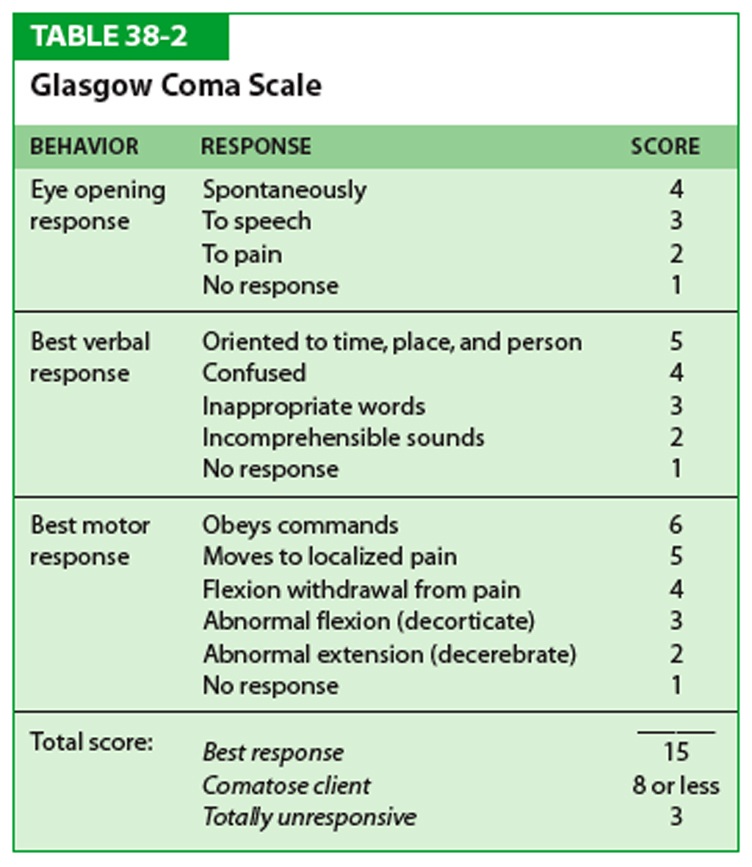When it comes to responding to emergencies, it’s important to know what to do and how to help. One tool that can be incredibly useful for first responders is the Glasgow Coma Scale (GCS).
What is the Glasgow Coma Scale (GCS)?
The Glasgow Coma Scale is a medical assessment tool designed to measure a person’s level of consciousness. It was developed in Glasgow, Scotland in 1974 and is commonly used by medical professionals around the world.
The GCS measures three different areas of a person’s responses: eye-opening, verbal response, and motor response. Each area is given a score, and the scores are then added together to determine the overall GCS score. The maximum score a person can receive is 15, which indicates that they are fully conscious and responsive.
Using the Glasgow Coma Scale
If you are a first responder, it’s important to know how to use the GCS properly. Here’s how:
- Eye-opening: Use a loud noise or verbal command to try and get the person to open their eyes. If they do not respond, gently tap or shake their shoulder.
- Verbal response: Ask the person a simple question, such as “What is your name?” or “Can you hear me?” If they respond appropriately, they receive a score of 4. If they respond but do not make sense, they receive a score of 3. If they make no response, they receive a score of 1.
- Motor response: Test the person’s responsiveness to stimulation. This can involve asking them to squeeze your hand or move their toes, or applying pressure to the nail bed or forehead. If they respond appropriately, they receive a score of 6. If they respond but with abnormal movements, they receive a score of 5. If they flex or extend their limbs abnormally, they receive a score of 3 or 2, respectively. If they make no response, they receive a score of 1.
When you have determined the scores for each area, add them together to get the overall GCS score. This score can then be used to help determine the seriousness of the injury and the appropriate course of action.
Why is the Glasgow Coma Scale important?
The Glasgow Coma Scale is a quick and effective way to assess the level of consciousness of a person who has been injured. It can be used in a variety of settings, from the ambulance to the emergency room to the intensive care unit.
Knowing a person’s GCS score can help medical professionals determine the severity of the injury, monitor their progress, and make decisions about treatment. It’s also important for first responders to be familiar with the GCS, as it can help guide their actions and ensure the best possible outcome for the person in need.
Conclusion
The Glasgow Coma Scale is a valuable tool for first responders and medical professionals alike. By assessing a person’s level of consciousness through their eye-opening, verbal response, and motor response, the GCS can provide valuable insights into the seriousness of an injury and the appropriate course of action.
 As a first responder, it’s important to be familiar with the GCS and how to use it. By understanding its importance and its application, you can be better equipped to respond to emergencies and provide the best possible care to those in need.
As a first responder, it’s important to be familiar with the GCS and how to use it. By understanding its importance and its application, you can be better equipped to respond to emergencies and provide the best possible care to those in need.